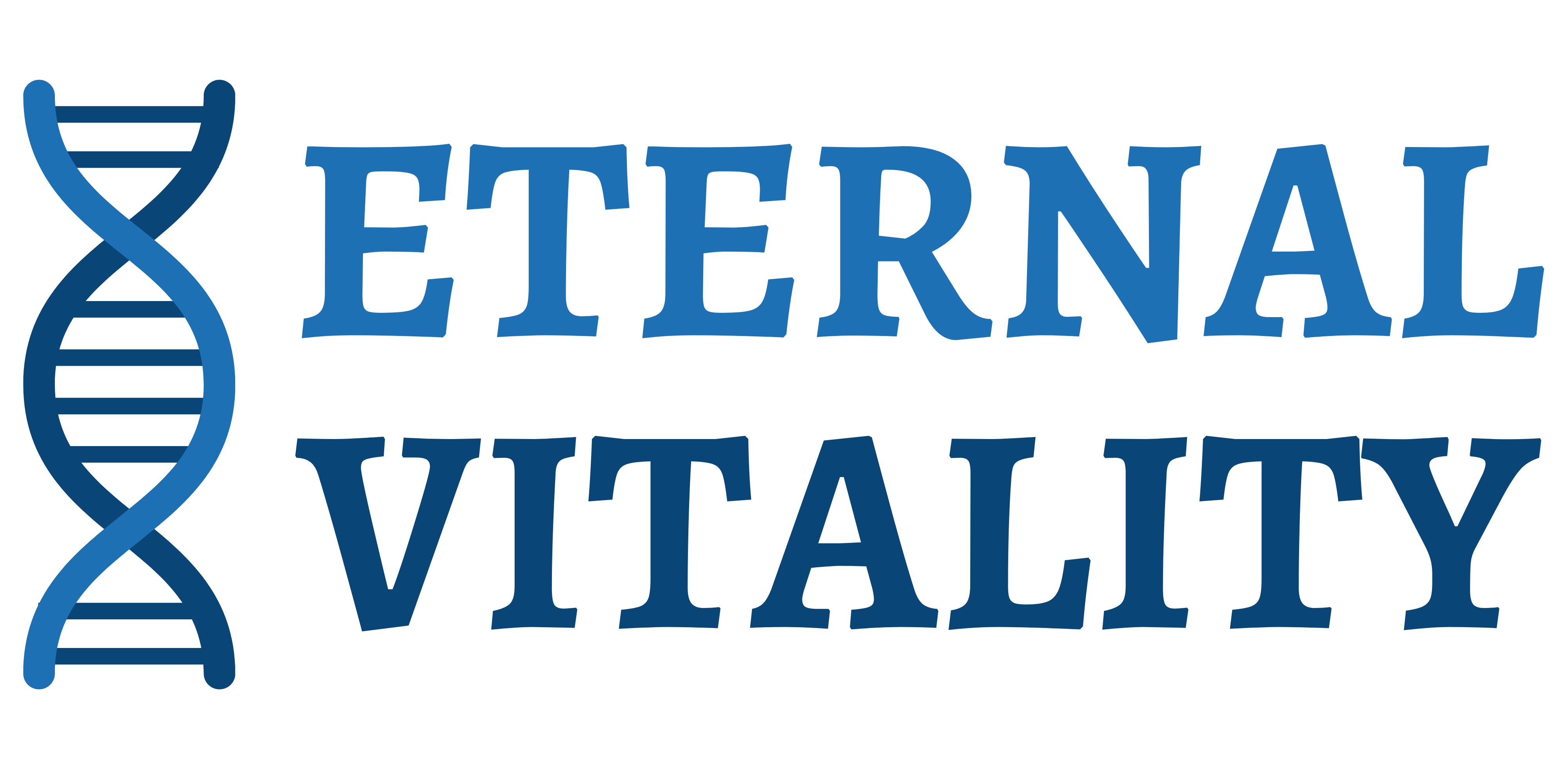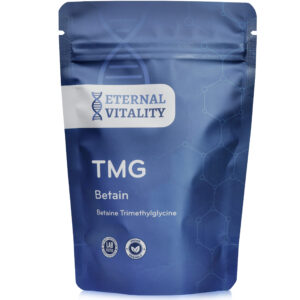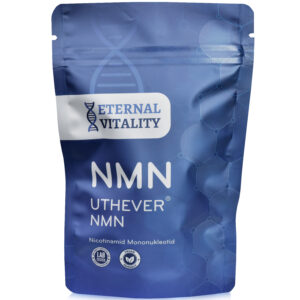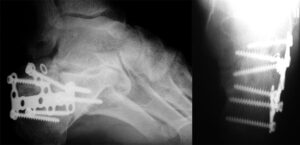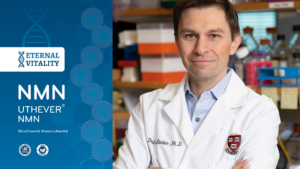In recent years, few areas of research have achieved as many breakthroughs and milestones as in the study of aging, known as longevity research. Longevity, which means prolonged life, is much more than just anti-aging. While anti-aging aims to slow down the aging process, longevity aims to stop and even reverse aging. The goal is not just to extend the lifespan, but especially to significantly increase the healthspan.
Longevity research has shown that, ahead of disease and its symptoms, biological age is the best harbinger of the onset of illness and mortality. Accordingly, longevity medicine focuses on the precise measurement of biological age, the use of the latest methods, and the optimization of lifestyle to reduce biological age and slow the progression of biological aging as much as possible. According to David Sinclair, a luminary in the field of longevity research, the first person to live to 150 has already been born.
Milestones in Longevity Research
Why is the popularity of longevity research currently at its peak? The popularity of longevity research is attributed to the growing awareness and interest of people in their health and well-being, as well as the advancements in science and technology over the past 15 years. Additionally, there is an increase in knowledge and technology in areas such as genetics, epigenetics, stem cell research, and artificial intelligence. This allows scientists to better understand the mechanisms of the aging process and develop new approaches to slow down or reverse it.
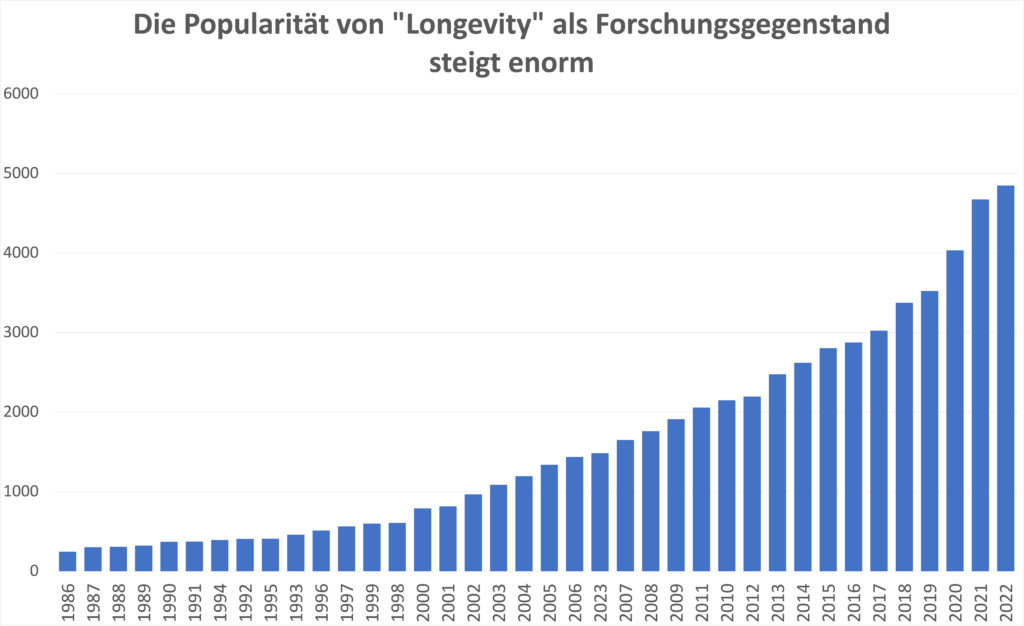
Aging Research Receives Numerous Nobel Prizes in the Last Decade
In recent decades, aging research has made significant progress and has become an important field of research, as the population in many countries, especially in Germany, the USA, and Japan, is increasingly getting older.
2009
The Nobel Prize in Medicine was awarded to Elizabeth Blackburn, Carol Greider, and Jack Szostak for their discovery of the enzyme telomerase and its role in protecting telomeres, which form the ends of chromosomes. The discovery of telomerase is of particular importance for the study of aging, as telomere shortening plays a crucial role in cell aging.
2012
Metformin’s ability to extend the lifespan of mice was first demonstrated by researchers Rafael de Cabo and David Sinclair.
2012
Japanese scientist Shinya Yamanaka received the Nobel Prize for cell reprogramming using four endogenous proteins. The so-called Yamanaka factors can reset the cell’s developmental clock to zero.
2013
The Nobel Prize in Medicine was awarded to James Rothman, Randy Schekman, and Thomas Südhof for their discoveries in the field of intracellular transport systems that regulate the release of molecules within cells. This discovery has significant implications for the development of age-related diseases.
2013
Identification of senescence as a key factor in the aging process by researchers Judith Campisi and Francis Rodier.
2013
A team of researchers led by Steve Horvath developed an epigenetic clock that can more accurately measure the biological age of the body than chronological age.
2015
The Nobel Prize in Chemistry was awarded to Tomas Lindahl, Paul Modrich, and Aziz Sancar for their discoveries in DNA repair mechanisms. The discovery of these mechanisms is of particular importance in aging research, as DNA damage plays a significant role in aging and the development of age-related diseases.
2016
The Nobel Prize in Medicine was awarded to Yoshinori Ohsumi for his discoveries in autophagy, a process in which cells break down damaged or unnecessary components to gain energy and nutrients. Autophagy is also induced by fasting and plays a crucial role in improving cell health and repair.
2016
Dasatinib and Quercetin extend the lifespan of mice, as discovered by scientists James Kirkland and Tamara Tchkonia.
2017
NMN extends the lifespan of mice and reverses the aging process. David Sinclair and Shin-ichiro Imai demonstrated for the first time that aging can be reversed.
2018
Scientists Manuel Serrano and Maria Abad developed a new method for rejuvenating cells based on “partial cellular reprogramming,” in which cells are reset to a state similar to that of stem cells.
2019
The Nobel Prize in Medicine was awarded to William Kaelin Jr., Peter Ratcliffe, and Gregg Semenza for their discoveries in oxygen sensing and adaptation. Their discoveries show how cells respond to oxygen deficiency and how this response can be triggered by fasting.
2019
The World Health Organization (WHO) has released a new version of the International Classification of Diseases (ICD-11), in which “Age-related or age-related functional impairments” are listed as a separate diagnostic category. This officially opens the door to considering aging as a disease.
2020
Alpha-Ketoglutarate extends the lifespan of C. elegans, as discovered by researchers Ivana Bjedov and Linda Partridge.
2022
Scientist Hao Huang demonstrated in a human study that NMN increased NAD+ levels by 30% within 60 days.
2022
Yi et al. showed in a human study that NMN significantly increases NAD+ levels, improves endurance in running, and enhances cardiovascular health.
Particularly, research on the impact of a high NAD+ level to halt and reverse aging processes is considered promising. Leading researchers at Harvard University see NMN as a critical component, as the body produces NAD+ from it. You can find more information on NMN here.
